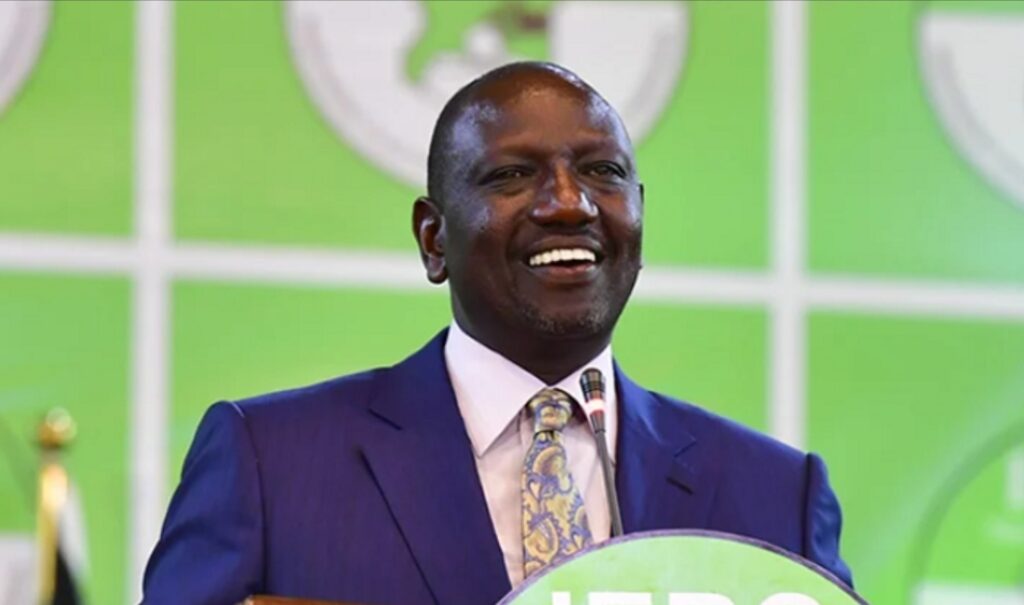Kenya’s government says it is planning to reintroduce tax measures from a controversial Finance bill withdrawn in June after deadly protests, aiming to raise an additional 150 billion shillings ($1.2 billion), according a report by Reuters.
The Finance Minister John Mbadi, stated that the revised proposals will include an eco-levy on most goods, though essential items like sanitary pads will be exempt.
The decision to revive some of the measures stems from increasing government expenditure demands, the minister told a local TV.
“If you are injurious to the environment then you must pay for helping make good the harm you have caused,” Mbadi said.
After the scrapping of the 2024 finance bill, which was set to raise approximately $2.7 billion in taxes, President Ruto announced a combination of government spending cuts and increased borrowing to address the shortfall.
The local reported that the new measures outlined in the tax amendment bill are expected to be implemented by the end of September.
The decision to abolish the finance bill led to global ratings agencies Moody’s and Fitch downgrading Kenya’s credit rating, citing concerns about the government’s capacity to manage its $78 billion public debt.
TheWitness earlier reported that Keyan youths trooped out in public demonstration following the passage of a controversial Finance Bill that proposed to tax bread, cooking oil and other and other essential commodities.
The demonstrations, mostly peaceful but resulting in four death and many injuries and arrests, have drawn criticism from legal and human rights groups.
Initial provisions of the bill included a proposal to implement a 16% sales tax on bread and impose a 25% duty on cooking oil.
Additionally, the bill aimed to raise taxes on financial transactions and introduce a new annual vehicle ownership tax equivalent to 2.5% of the vehicle’s value.
These proposals sparked widespread public outrage, with critics arguing that such measures would disproportionately burden ordinary citizens already struggling with a high cost of living.
The Kenyan government aims to raise $2.7 billion in additional taxes to reduce the budget deficit and state borrowing.
Kenya’s public debt stands at 68% of GDP, higher than the 55% of GDP recommended by the World Bank and the International Monetary Fund.
President Ruto, while withdrawing some of the most controversial measures, acknowledged the protests and promised to hold talks to address the concerns of the youth who are at the forefront of the demonstrations.

